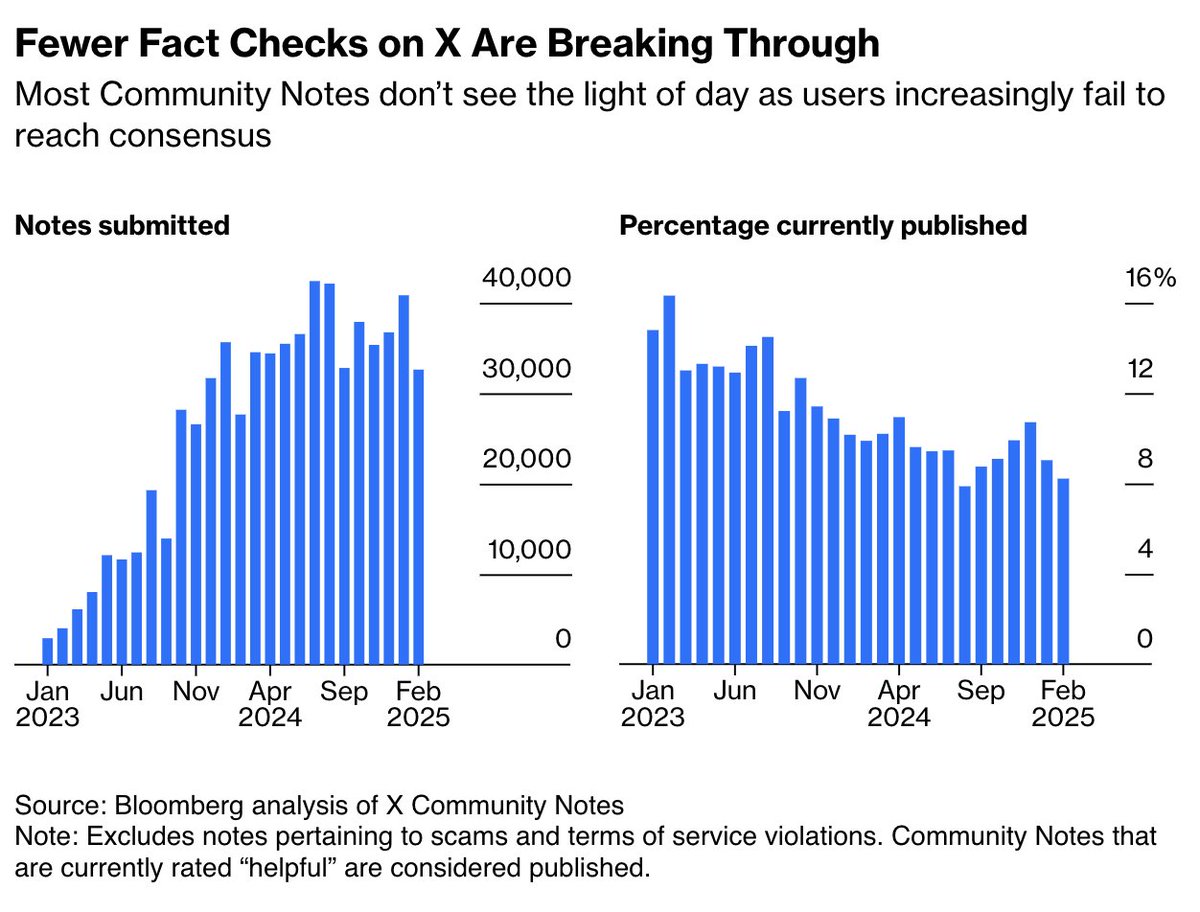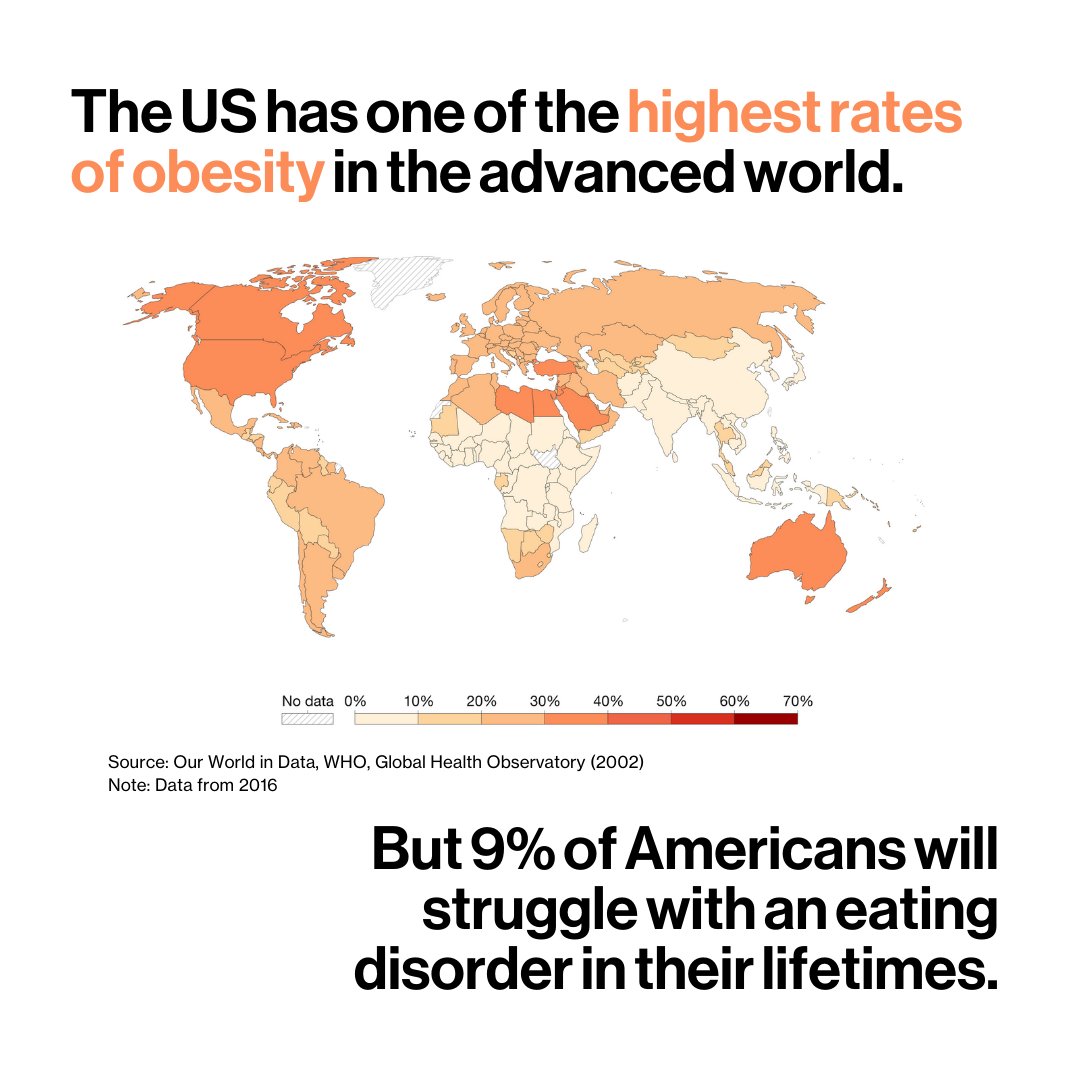It's conventional wisdom that the U.S. economy is built on Americans' endless appetite to buy lots of stuff.
Household consumption makes up 67% of GDP. When the economy falters, we're told spending is our patriotic duty. But it doesn't have to be this way trib.al/gIDH2vV
Household consumption makes up 67% of GDP. When the economy falters, we're told spending is our patriotic duty. But it doesn't have to be this way trib.al/gIDH2vV
Suddenly, Americans can’t spend like they used to. Store shelves are emptying, and it can take months to find a car, refrigerator or sofa.
If this continues, we may need to — gasp! — live more like the Europeans. That actually might not be a bad thing trib.al/gIDH2vV
If this continues, we may need to — gasp! — live more like the Europeans. That actually might not be a bad thing trib.al/gIDH2vV

Americans haven't always acted like this.
Consumption per capita grew about 65% from 1990 to 2015, compared with about 35% growth in Europe. Household consumption makes up only about 50% of GDP in Germany trib.al/gIDH2vV
Consumption per capita grew about 65% from 1990 to 2015, compared with about 35% growth in Europe. Household consumption makes up only about 50% of GDP in Germany trib.al/gIDH2vV

🏡 The average U.S. home was 1,700 square feet in 1980, by 2015 it was 2,000 square feet, even though the number of people in the average household shrank trib.al/gIDH2vV 

📺In 1980, 15% of households didn’t have a TV, now only about 3% don’t.
📺In 2015, 40% of American households had three or more TVs, including 30% of households earning less than $40,000 a year! trib.al/gIDH2vV
📺In 2015, 40% of American households had three or more TVs, including 30% of households earning less than $40,000 a year! trib.al/gIDH2vV

In 1980, only 13% of households had 2 or more refrigerators, in 2015 30% did — including many low-earning households trib.al/gIDH2vV 

🧥👖 Clothing purchases have increased five-fold since 1980 and the average garment will only be worn seven times before it's disposed of trib.al/gIDH2vV 

There are many reasons America has become a nation of shopaholics:
💰We’ve become a richer country
🛍️Goods have become more accessible
⛴️We get more stuff from abroad
🏭Technology makes production more efficient
💻The internet makes it easier to shop trib.al/gIDH2vV
💰We’ve become a richer country
🛍️Goods have become more accessible
⛴️We get more stuff from abroad
🏭Technology makes production more efficient
💻The internet makes it easier to shop trib.al/gIDH2vV

The pandemic revealed vulnerabilities of this hyper-efficient global market.
Ports are backed up causing shortages — for the first time in many Americans’ lives. There are reasons to believe the age of over-abundance is over trib.al/gIDH2vV
Ports are backed up causing shortages — for the first time in many Americans’ lives. There are reasons to believe the age of over-abundance is over trib.al/gIDH2vV

Americans tend to feed their souls by buying cheap substitutes rather than saving up for longer-lasting goods.
European souls are not necessarily more fulfilled, they just find more eco-friendly ways to shut out the darkness — like going on a bike ride trib.al/gIDH2vV
European souls are not necessarily more fulfilled, they just find more eco-friendly ways to shut out the darkness — like going on a bike ride trib.al/gIDH2vV

With higher prices, Americans may have to get used to consuming like Europeans.
We will certainly not be deprived, but we will trim back our excesses, perhaps be more thoughtful about what we buy and purchase fewer, higher-quality goods trib.al/gIDH2vV
We will certainly not be deprived, but we will trim back our excesses, perhaps be more thoughtful about what we buy and purchase fewer, higher-quality goods trib.al/gIDH2vV

What would that mean for the U.S. economy?
European consumption coexists with lower levels of growth. But that needn’t be the case. Buying smart, while maintaining an openness to new things, can be the foundation of a more sustainable and growing economy trib.al/gIDH2vV
European consumption coexists with lower levels of growth. But that needn’t be the case. Buying smart, while maintaining an openness to new things, can be the foundation of a more sustainable and growing economy trib.al/gIDH2vV

• • •
Missing some Tweet in this thread? You can try to
force a refresh














